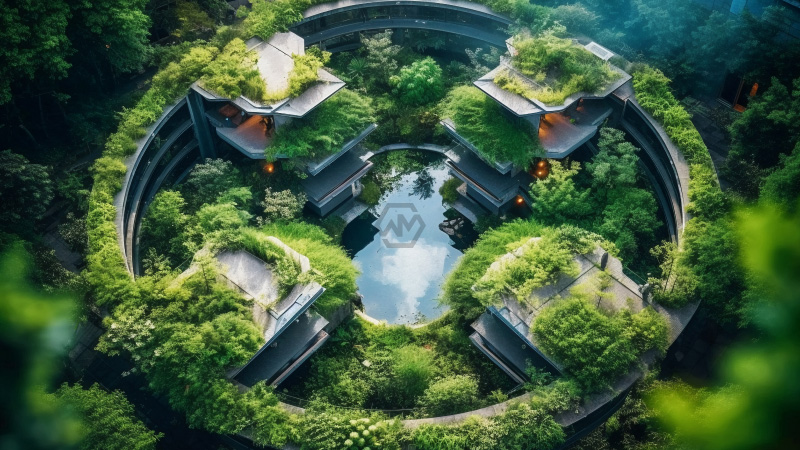By 2050, the United Nations predicts that food production will need to treble, yet water supplies are already in short supply because of drought and climate change.
Ananda Bhattacharjee, the assistant project scientist at the Salinity Laboratory of the U.S. Department of Agriculture, is in charge of a $1 million study to address this problem and test a low-cost method to make recovered water safer for agricultural re-use.
Crops from Sewage
The experiment will examine how well biochar, which is created from different kinds of waste plant material, can “polish” the water. Burning organic material produces biochar, which resembles charcoal and may absorb contaminants in reclaimed water while letting only clean water flow through.
With an antibiotic removal effectiveness of up to 98%, the results of a bench-scale filtering system using biochar for the removal of antibiotics in synthetic wastewater were encouraging.
- UN predicts food production treble by 2050, water shortages due to drought.
- Experiment tests biochar’s ability to polish water using waste material.
- Database of affordable biochar materials for agricultural reuse.
The project’s goal is to create a database of several, reasonably priced biochar materials that can all be used to filter dangerous substances from recycled water for agricultural reuse, particularly crop irrigation.
The research team believes growers will build biochar-based recovered water polishing systems on their farms if the costs stay low and the effectiveness stays high.
As earthworms consume organic materials in the soil and acquire antibiotic resistance in their stomachs, the ecology of fields is changing as a result of leftover antibiotics in irrigation systems.
By getting rid of antibiotics and resistant bacteria, the researchers hope to slow the spread of antimicrobial resistance in agriculture.



